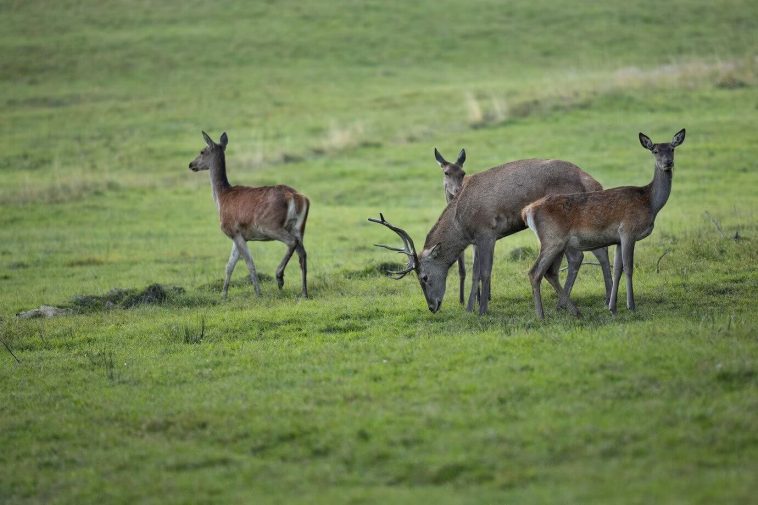Animal hunting has been a practice ingrained in human history for survival, cultural traditions, and even as a recreational activity. While hunting once played a vital role in providing sustenance, clothing, and tools for early human societies, today it has become a topic of debate and ethical concern. As we navigate the 21st century, it is essential to explore the complex issues surrounding animal hunting and examine the delicate balance between tradition, conservation, and compassion.
The Evolution of Hunting
Hunting has evolved from being a basic necessity for survival to a recreational activity pursued for sport and personal satisfaction. Traditional hunting practices were rooted in the need for sustenance, as humans relied on hunting to procure food when agriculture was less prevalent. Indigenous cultures around the world still practice hunting as a means of subsistence and as a way to maintain their cultural heritage.
Conservation and Wildlife Management
In modern times, hunting has become an integral part of wildlife management and conservation efforts. Well-regulated hunting programs have been established to ensure the sustainable use of wildlife resources, promote ecosystem balance, and preserve biodiversity. These programs often include licensing systems, quotas, and strict regulations to control hunting activities and prevent overexploitation.
Benefits of Hunting
Proponents of hunting argue that it can provide numerous benefits to both ecosystems and local communities. Wildlife management through hunting helps control population sizes, reducing competition for resources and minimizing the risk of overpopulation. Additionally, hunting can generate revenue for conservation initiatives and local economies through licenses, permits, and tourism associated with hunting activities.
Moreover, hunting can foster a deeper connection between humans and nature. It allows individuals to experience the thrill of being in the wilderness, understand the intricate dynamics of ecosystems, and develop a greater appreciation for wildlife.
Ethical Concerns
Despite the potential benefits, hunting also raises significant ethical concerns. One of the main issues is the unnecessary suffering caused to animals during the hunting process. Critics argue that the pursuit of animals for sport or trophy hunting, where the primary motivation is to collect body parts or display prowess, lacks compassion and is morally objectionable.
Another concern is the potential for illegal and unregulated hunting, which can lead to the depletion of animal populations and the disruption of delicate ecosystems. Poaching, driven by the demand for exotic animal products, poses a severe threat to endangered species and undermines conservation efforts.
Alternatives to Hunting
As our understanding of animal welfare and conservation deepens, alternative approaches to wildlife management are gaining traction. Non-consumptive forms of wildlife tourism, such as ecotourism and wildlife photography, offer a way to appreciate and support the preservation of animals in their natural habitats without causing harm.
Furthermore, advancements in science and technology have paved the way for non-lethal alternatives in wildlife management. These include methods like immunocontraception, translocation, and habitat restoration, which aim to control animal populations and maintain ecological balance without resorting to hunting.
Conclusion
The subject of animal hunting presents a complex web of perspectives and considerations. While hunting continues to be deeply ingrained in some cultures and plays a role in conservation efforts, it is crucial to reassess our approach in light of ethical concerns and alternative solutions.
As society progresses, striking a balance between tradition, conservation, and compassion becomes paramount. Developing sustainable hunting practices, implementing stricter regulations, promoting animal welfare, and exploring non-lethal alternatives can help navigate this intricate landscape. Ultimately, it is our responsibility to ensure the well-being of both animals and ecosystems, respecting the intricate interplay between humans and the natural world.




